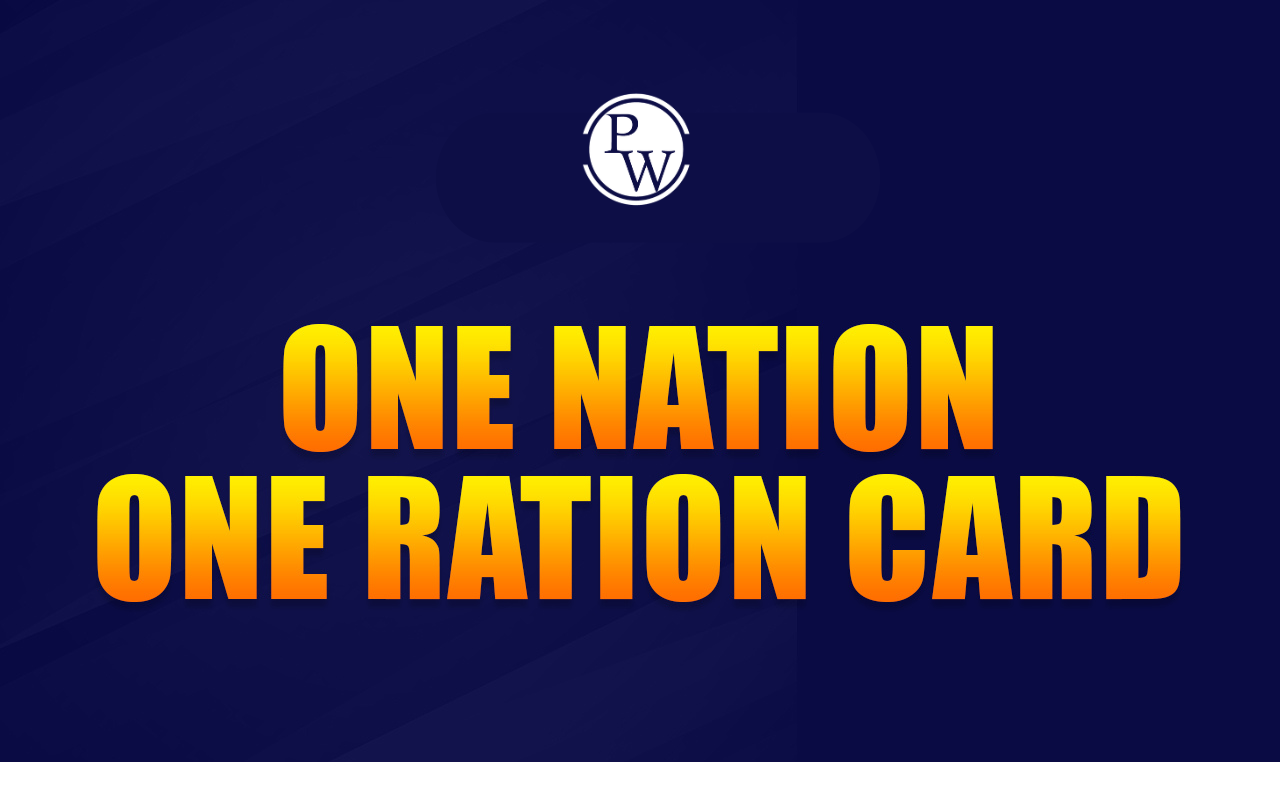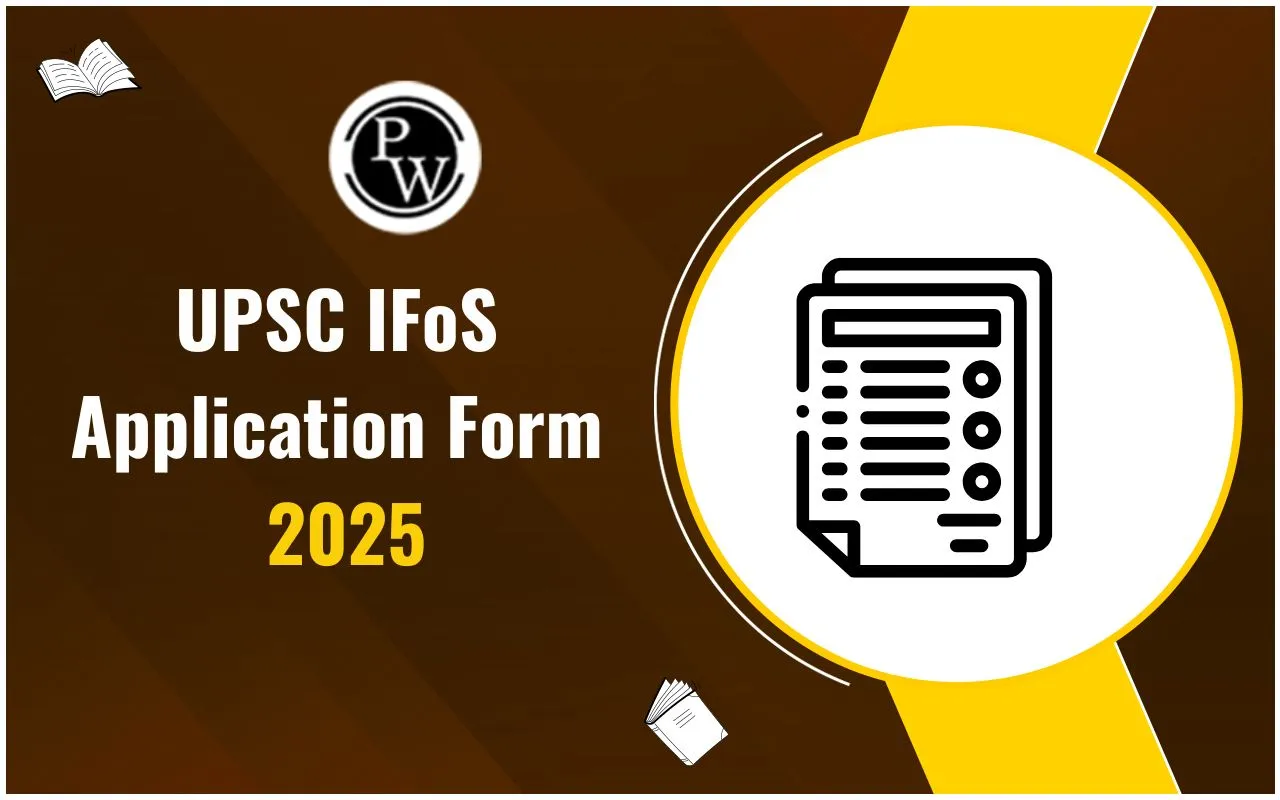
The Indian Revenue Service (IRS) is one of the most prestigious services under the Government of India. It is part of the Group 'A' Central Civil Services and plays a key role in managing and collecting the revenue of the nation. IRS officers work under the Department of Revenue, Ministry of Finance, and their main task is to ensure that taxes are collected efficiently and fairly.
About Indian Revenue Service
The IRS full form is Indian Revenue Service. It has two main branches — IRS (Income Tax) and IRS (Customs and Indirect Taxes). Both branches are primarily responsible for collecting and managing direct and indirect taxes on behalf of the Government of India. A career in the Indian Revenue Service offers a mix of authority, respect, and the chance to contribute directly to the country’s economy.
| Indian Revenue Service (IRS) | |
| Founded | 1919 (Customs), 1944 (Income Tax), 1953 (IRS reconstitution) |
| Branches | IRS (Income Tax), IRS (Customs & Indirect Taxes) |
| Controlling Authority | Department of Revenue, Ministry of Finance |
| Statutory Boards | Central Board of Direct Taxes (CBDT), Central Board of Indirect Taxes and Customs (CBIC) |
| Minister Responsible | Minister of Finance (Currently Nirmala Sitharaman) |
| Headquarters | North Block, New Delhi |
| Cadre Strength | 9,775 (4,192 Income Tax; 5,583 Customs & Indirect Taxes) as of 2018 |
| Selection Process | UPSC Civil Services Examination |
| Qualification | Bachelor’s degree from a recognized university |
| Starting Salary | ₹56,100 per month (entry-level) |
| Maximum Salary | Up to ₹2,25,000 per month (Apex scale) |
| Recruitment Frequency | Annual (through UPSC CSE) |
| Website | irsofficersonline.gov.in |
History of Indian Revenue Service
The history of the Indian Revenue Service dates back to British India when the administration of income tax began in 1860. Initially managed by provincial governments, the system saw a major transformation with the Income Tax Act of 1922. Here is the history of IRS service is as follows:
-
1922: Income Tax Act passed, defining tax authorities and structure.
-
1924: The Central Board of Revenue established as a statutory body.
-
1944: Income Tax Service formally established.
-
1945: First direct recruitment to Class-I Income Tax Officers.
-
1953: Recognized as a Central Civil Service and renamed as Indian Revenue Service (Income Tax).
-
1957: Ad-hoc recruitment from armed forces and Class-II officers.
-
Post-1990s: Economic reforms led to modernization of tax administration.
-
2017: Introduction of GST, expanding the role of IRS (Customs & Indirect Taxes).
Presently, IRS officers manage complex tax systems, digital platforms, and international tax policies.
Also Read, ‘UPSC Post List 2025’
IRS Job Profile
The IRS job profile is diverse and challenging. Officers working in IRS (IT) focus on collecting income tax, detecting tax evasion, and conducting raids. They work with the Central Board of Direct Taxes (CBDT). While those in IRS (C&IT) work with the Central Board of Indirect Taxes and Customs (CBIC) and deal with GST, customs duties, and anti-smuggling operations.
In short, the Indian Revenue Service job role involves:
-
Formulate and suggest direct tax policies to the government.
-
Assess, collect, and monitor income tax compliance.
-
Investigate tax evasion and conduct audits, surveys, and raids.
-
Act as quasi-judicial authorities during assessments and appeals.
-
Prosecute serious tax defaulters after investigation.
-
Handle international tax cooperation and treaties.
-
Work to detect and curb black money, including offshore assets.
-
Serve on deputation in other ministries and government bodies.
How to Become an IRS Officer?
To join the Indian Revenue Service, aspirants must clear the UPSC Civil Services Examination. Here is how to become an IRS officer in India:
Meet IRS Eligibility Criteria:
-
Nationality: You must be an Indian citizen.
-
IRS Age Limit: You should be between 21 and 32 years old (age relaxation is available for certain categories).
-
IRS Qualification: A Bachelor's degree in any discipline from a recognized university.
Clear UPSC CSE Exam:
The recruitment process for IRS officers has three stages:
-
Preliminary Exam (Objective type)
-
Mains Exam (Written)
-
Interview (Personality Test).
Candidates are required to clear each stage and secure a high rank based on Mains and Interview scores to be allotted IRS.
Get the IRS Service:
To be selected as an IRS officer after the final results, candidates must choose this service while providing service preference in the DAF application form. The rank you secure determines the service you are allocated. After the final results, if you qualify for the exam, you will be allotted the Indian Revenue Service during service allotment.
Complete IRS Training:
Once selected, you will undergo training at the National Academy of Direct Taxes (NADT) in Nagpur, where you will be taught about tax laws, investigation methods, and the functioning of the IRS. After training, you will be posted as an Assistant Commissioner and will work your way up to higher positions.
Last Rank for IRS
The last rank for IRS varies every year depending on the number of vacancies and the performance of candidates. Generally, the last rank for the IRS Income Tax for the general category ranges between 220 to 280, while for IRS Customs and Indirect Taxes, it is around 400 to 500.
These ranks may change based on the difficulty of the exam and the number of selected candidates. Reserved categories get relaxation, so their cut-off rank is different. For instance, in the 2023 service allotment, the last rank for IRS IT was 943, and for IRS C&IT it was 906.
IRS Training
IRS training is conducted at the National Academy of Direct Taxes (NADT) in Nagpur for IRS (Income Tax) and at National Academy of Customs, Indirect Taxes and Narcotics (NACIN) in Faridabad for IRS (Customs and Indirect Taxes).
The training is divided into:
-
Foundation Course (with other services).
-
Professional Training I (covering basics of taxation and law).
-
Field Attachments (practical exposure in tax offices).
-
Professional Training II (advanced topics like cyber forensics, GST, etc.)
During training, officers also get to visit international tax agencies and understand global practices. IRS training aims to build ethical, skilled, and tech-savvy officers.
IRS Promotion Chart
The IRS promotion chart is structured and time-based, with chances of moving up based on performance and availability of posts. The typical career progression for the Indian Revenue Service is as follows:
| Designation | Years of Service |
| Assistant Commissioner / Assistant Director of IT (Junior Time Scale) | Entry Level |
| Deputy Commissioner / Deputy Director of IT (Senior Time Scale) | 4 years |
| Joint Commissioner / Joint Director of IT (Junior Administrative Grade) | 5 years in Senior Time Scale |
| Additional Commissioner / Additional Director of IT (Non-functional Selection Grade in JAG) | Entering 14th year in IRS |
| Commissioner / Director of IT (Senior Administrative Grade) | 17 years in IRS with 4 years in JAG |
| Principal Commissioner / Principal Director of IT (Higher Administrative Grade) | 25 years in IRS with 1 year in SAG |
| Chief Commissioner / Director-General of IT (HAG Plus) | 1 year in HAG |
| Principal Chief Commissioner / Principal DG of IT (Apex Scale) | 1 year in HAG Plus |
IRS Salary
The IRS salary is based on the 7th Pay Commission. An Indian Revenue Service officer earns a good salary along with benefits and allowances. Here is the pay scale based on which IRS officer salary per month is decided:
| Designation | Level | Pay Scale |
| Principal Chief Commissioner of Income Tax | 17 | Rs. 2,25,000 (Fixed) |
| Chief Commissioner of Income Tax | 16 | Rs. 2,05,400 - 2,24,400 |
| Principal Commissioner of Income Tax | 15 | Rs. 1,82,200 - 2,24,100 |
| Commissioner of Income Tax | 14 | Rs. 1,44,200 - 2,18,200 |
| Additional Commissioner of Income Tax | 13 | Rs. 1,23,100 - 2,15,900 |
| Joint Commissioner of Income Tax | 12 | Rs. 78,800 - 2,09,200 |
| Deputy Commissioner of Income Tax | 11 | Rs. 67,700 - 2,08,700 |
| Assistant Commissioner of Income Tax | 10 | Rs. 56,100 - 1,77,500 |
IRS Career Prospects
The IRS career prospects are vast and diverse. Apart from promotions, IRS officers can reach:
-
Apex Scale: Officers can rise to Principal Chief Commissioner with a salary of Rs. 2,25,000 (fixed) plus allowances.
-
Top Positions: Potential to become Chairperson or Member of the CBDT.
-
Global Exposure: Serve in Income Tax Overseas Units (ITOUs) at Indian Missions abroad.
-
Deputation: Serve in other Ministries/Departments under the Central Staffing Scheme.
-
Other Roles: Eligible for positions in the Income Tax Appellate Tribunal, Settlement Commission, and Ombudsman.
The Indian Revenue Service is a dynamic and respected service that offers stability, power, and the opportunity to serve the nation. With solid training, timely promotions, and a meaningful role in shaping tax policy, it’s a great career option for UPSC aspirants.
Want to become an IRS officer? Join PW UPSC Online Courses today and scale up your preparation!
Indian Revenue Service (IRS) FAQs
What is the IRS full form?
What is the Indian Revenue Service?
How much does an Indian Revenue Service Officer earn?
What are the branches of the IRS?
What is the difference between the IRS and the IAS?
What is the highest post in the IRS?







